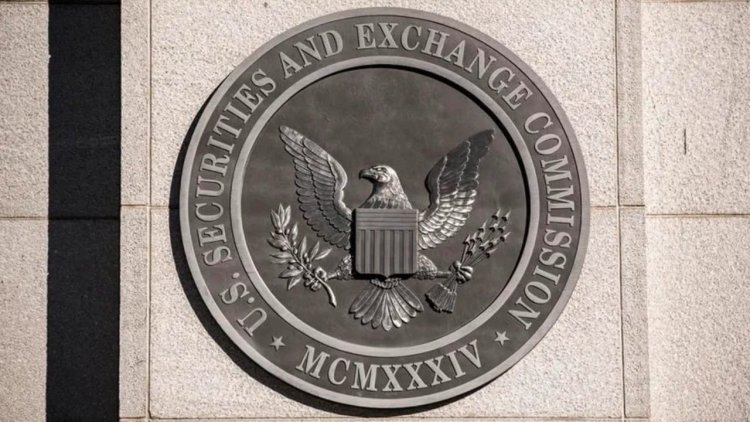Elon Musk's SEC Feud Sparks Outrage: Ripple, Ramaswamy, and Palihapitiya Slam "Corrupt Tactics"
Elon Musk’s clash with the SEC intensifies, drawing fiery criticism from Ripple’s legal chief, Vivek Ramaswamy, and Chamath Palihapitiya. With Gary Gensler stepping down, the regulatory landscape could soon shift dramatically.

Musk vs. SEC: A Growing Clash
Elon Musk’s ongoing battles with the U.S. Securities and Exchange Commission (SEC) have taken center stage, fueling debates over regulatory overreach and partisan enforcement. Recent allegations of coercion and corruption have drawn prominent voices into the fray, including Ripple’s Chief Legal Officer Stuart Alderoty, venture capitalist Chamath Palihapitiya, and politician Vivek Ramaswamy.
Musk’s attorney, Alex Spiro, recently accused the SEC of engaging in a prolonged harassment campaign against Musk and his companies, including Neuralink. Spiro claims the SEC has resorted to coercive tactics, such as a 48-hour settlement ultimatum and subpoenas, allegedly influenced by external forces like the White House.
Critics Call Out SEC’s Overreach
Chamath Palihapitiya: A Broken System
Palihapitiya lambasted the SEC for wasting taxpayer resources on politically motivated cases:
“Without a reasonable check and balance, partisan bureaucrats will continue to use lawfare … If you don’t have the resources Elon has, you will be screwed.”
He emphasized the systemic flaws that enable such actions, raising concerns about the implications for smaller companies or individuals unable to fight back.
Vivek Ramaswamy: Undermining Public Trust
Ramaswamy, recently appointed to the Department of Government Efficiency (DOGE) alongside Musk, accused the SEC of undermining faith in the rule of law:
“The SEC regularly loses case after case in federal court because they contort their rules in illegal & unconstitutional ways.”
Ripple’s Stuart Alderoty: A Rogue SEC
Ripple’s legal chief highlighted parallels with Ripple’s own legal battles against the SEC, stating:
“The SEC is adopting its litigation positions to further its desired goal, not out of a faithful allegiance to the law.”
Alderoty’s comments reflect broader frustrations within the crypto industry, which has long accused the SEC of regulatory overreach.
Gary Gensler’s Exit: A New Era for the SEC?
As SEC Chair Gary Gensler prepares to step down in January 2025, the regulatory landscape could see a significant shift. Known for his tough stance on cryptocurrencies, Gensler’s tenure has been marked by aggressive enforcement actions against high-profile figures and crypto firms.
Gensler’s likely successor, Paul Atkins, is a former SEC commissioner and advocate for a more lenient regulatory approach, particularly toward digital assets. Nominated by President-elect Donald Trump, Atkins’ potential confirmation has drawn mixed reactions:
- Crypto Advocates: Anticipate a friendlier environment for digital assets, fostering innovation and reducing the frequency of enforcement actions.
- Critics: Warn of reduced oversight, which they argue could expose investors to greater risks.
The transition promises to redefine the SEC’s priorities, especially in the wake of growing public scrutiny and internal calls for reform.
Verdict: A Turning Point for Regulation?
Musk’s feud with the SEC and Gensler’s impending departure signal a critical juncture for U.S. financial regulation. Whether the agency will embrace reform under new leadership or continue its contentious approach remains uncertain.
For now, the debate highlights the broader struggle between innovation and oversight in an era where technology, politics, and finance intersect like never before.
What's Your Reaction?















